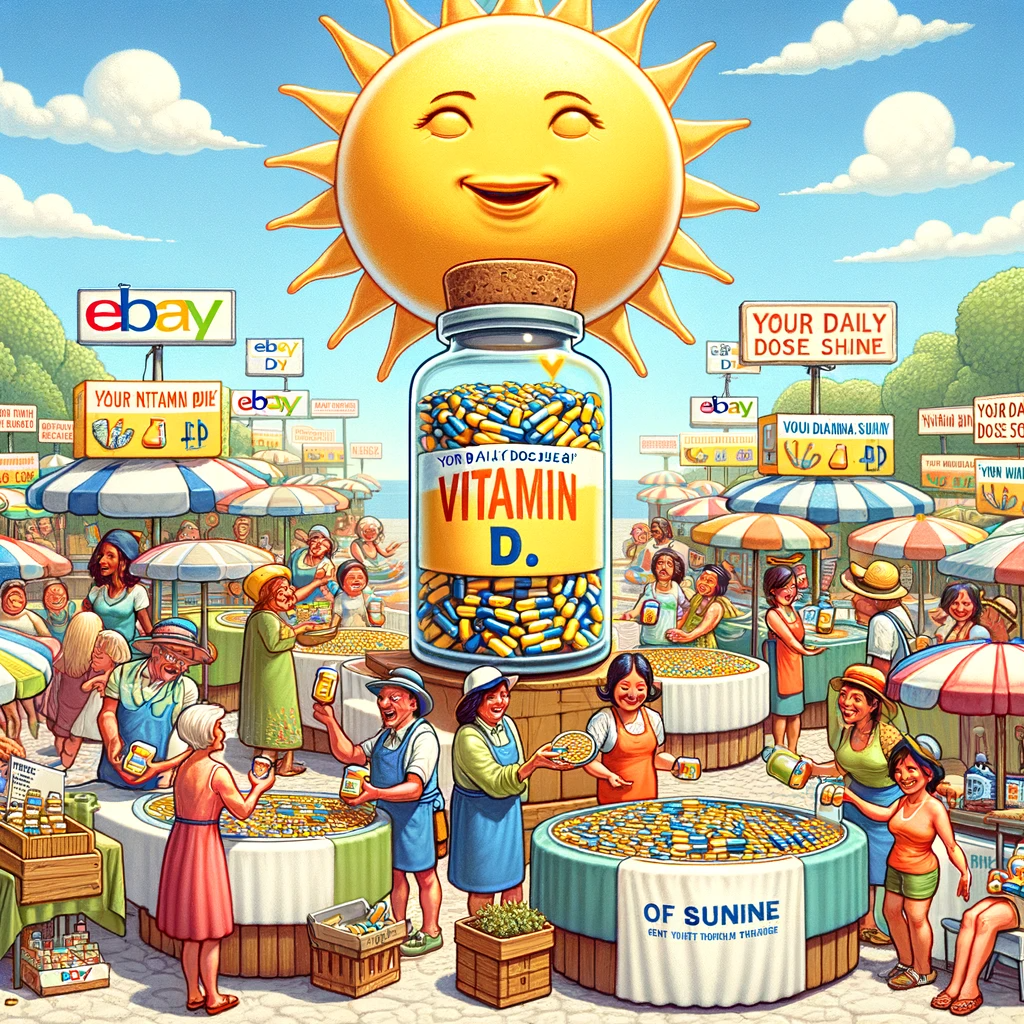Routine Screenings
Routine screenings are a cornerstone in the foundation of preventative health. These are protocols intended to identify and mitigate potential health threats before they evolve into more substantive issues. Notably, the early identification of various diseases, such as different types of cancers, diabetes, and heart-related conditions, through judicious and regular screenings, can significantly elevate the success rates of various treatments and interventions, thereby enhancing health outcomes. It’s imperative to note that screenings may include a myriad of tests, examinations, and other medical evaluations, which are strategically designed to identify the early signs of potential health issues, especially in individuals who may not yet be symptomatic.
The specific screenings recommended for an individual can vary, being contingent on a spectrum of factors, which can include age, gender, personal and family medical history, and other relevant risk factors. For instance, certain screenings, such as those for breast, cervical, and colorectal cancers, are recommended to commence at specific ages and intervals. Additionally, they may be advised to occur more frequently for individuals who are identified to be at an elevated risk, due perhaps to genetic predispositions or specific lifestyle factors. Moreover, other routine screenings like cholesterol levels, blood pressure, and blood glucose levels are typically monitored to identify risk factors or the early stages of diseases like heart disease and diabetes. The selection and frequency of screenings should ideally be curated in direct collaboration with healthcare professionals, ensuring they are judiciously tailored to meet the unique health needs and risk factors of each individual.
There’s also an economical perspective to consider regarding routine screenings, in that they play a pivotal role in the prudent management of healthcare expenditures. This is achieved by potentially mitigating the need for more complex and costly treatments in the future. By facilitating the early detection and management of health conditions, routine screenings can prevent or manage the development of potential complications and comorbidities, thereby potentially minimizing subsequent healthcare costs. Furthermore, individuals can engage in informed discussions with their healthcare providers about suitable screenings, understanding the benefits, risks, and implications of various tests to make educated decisions about their health management.
Certain vitamins and minerals can also provide substantive support in disease prevention and therefore should be considered in the broader context of routine screenings. For example, maintaining adequate levels of Vitamin D is associated with a reduced risk of several conditions such as colorectal cancer, breast cancer, and prostate cancer, all of which are commonly screened for. Additionally, Vitamin D is pivotal for bone health, which implicates it in conditions like osteoporosis. Consequently, individuals, particularly those identified as being at elevated risk for these conditions, might benefit from Vitamin D screenings as part of their routine health evaluations, thereby allowing for timely interventions through supplementation or lifestyle adjustments if deficiencies are identified.
Routine Screenings Read More »





